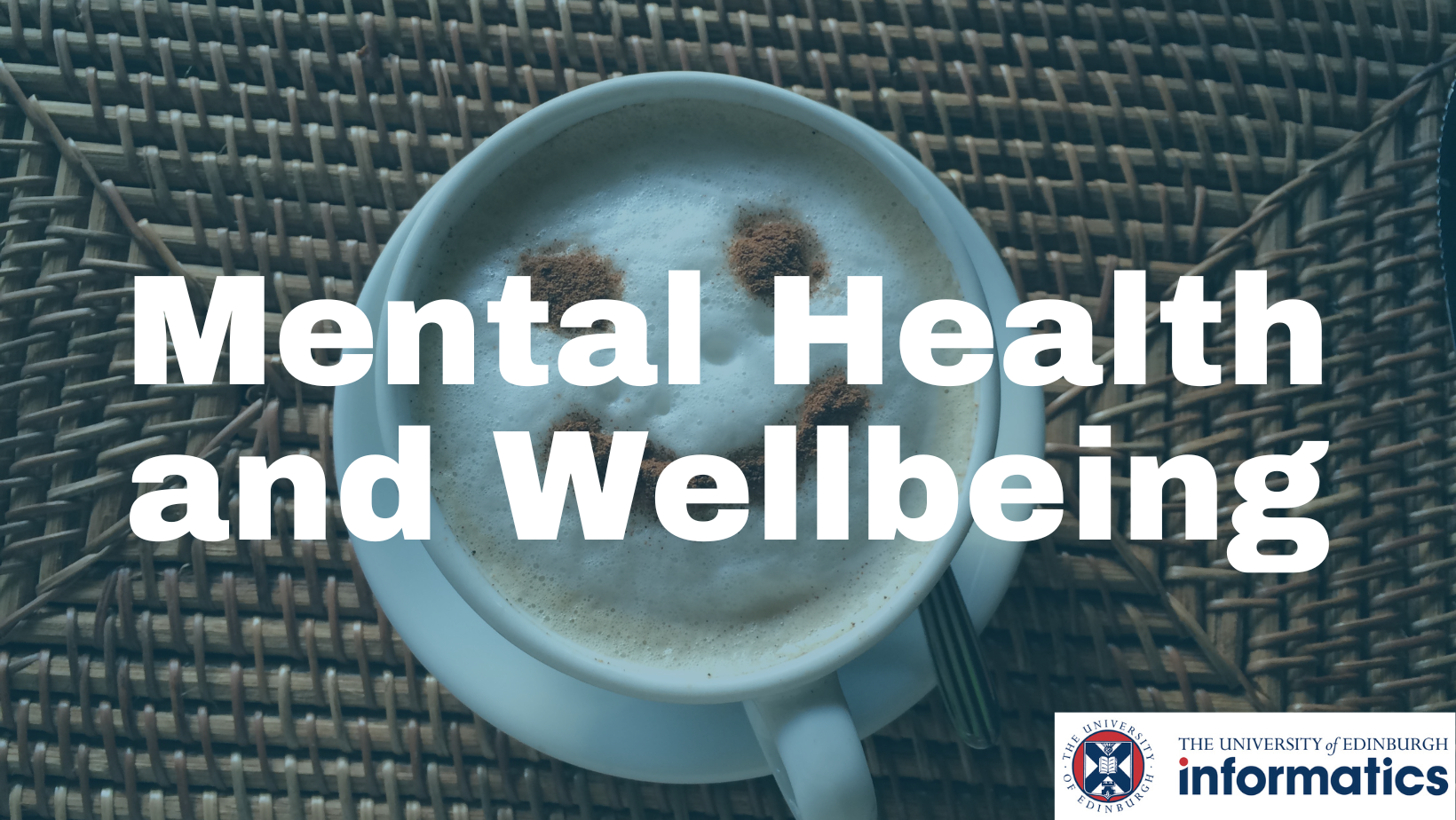Mental Health and Wellbeing

University is an exciting period of anyone’s life; however, it can also be quite overwhelming. It is important that we look after our mental health and wellbeing throughout the academic year so that we can perform at our best. Here are some of Donald’s top tips on mental health and work/life balance.
Mindfulness
You may have heard a lot of people talking about mindfulness whenever the subject of mental health comes up. At first, I was a bit apprehensive at trying it as I couldn’t fully relax. However, after a few mindfulness sessions every day, I began to notice the benefits of taking that 10 minutes out and relaxing.
Mindfulness is a technique you can learn which involves noticing what’s happening in the present moment, without judgement. Like any other skill, your ability to be mindful can be developed over time. You may struggle at first to stay mindful and get distracted – but with time, you will be able to go into a state of mindfulness very easily. To find out more about mindfulness, I recommend checking out the following website.
Headspace is a science-backed app in mindfulness and meditation, providing unique tools and resources to help reduce stress, build resilience, and aid better sleep. As a student, you can get a Headspace Student Place with a significant price reduction, linked below.
University Wellbeing Services
As a student, you gain access to the University’s free wellbeing services. You can visit the Wellbeing Service on drop-ins or speak to the Wellbeing Adviser of your school. To find out more visit the Wellbeing service in the University on the link below.
Healthy Studying
It is important to keep a good work/life balance. If you find your health is suffering because you are working too hard, this will only negatively affect the quality of your work. To ensure I am balancing my studying, I use a range of techniques including Pomodoro and time-blocking.
The Pomodoro technique is a study technique where you set aside a small period of time (I go for 30 minutes) and then rest at once after that small period of time. During your study period, you will be working intensely and then relaxing afterwards.
Time-blocking is a technique I use to plan out my day. I go onto my calendar and set out blocks of time where I am going to do a certain task or coursework. By dedicating this time in my calendar, I am more likely to actually go through with it and study.
You can find more about study techniques on Donald’s blog posts about studying smarter and managing your time on the links below.
Blog post originally written by Donald Jennings, Informatics Communications Intern 2022.
Edited by Dimona Videnlieva, Informatics Communications Intern 2023.



